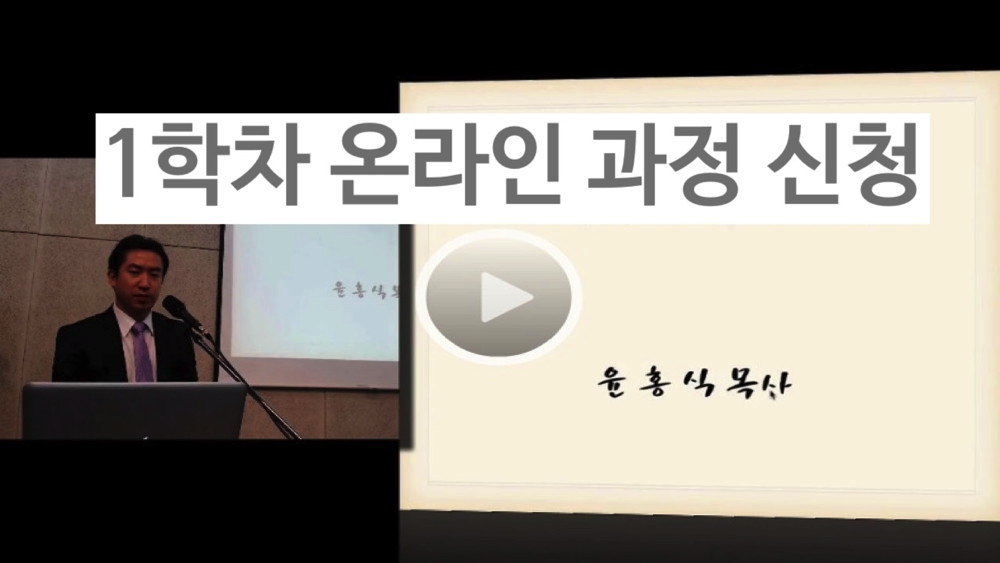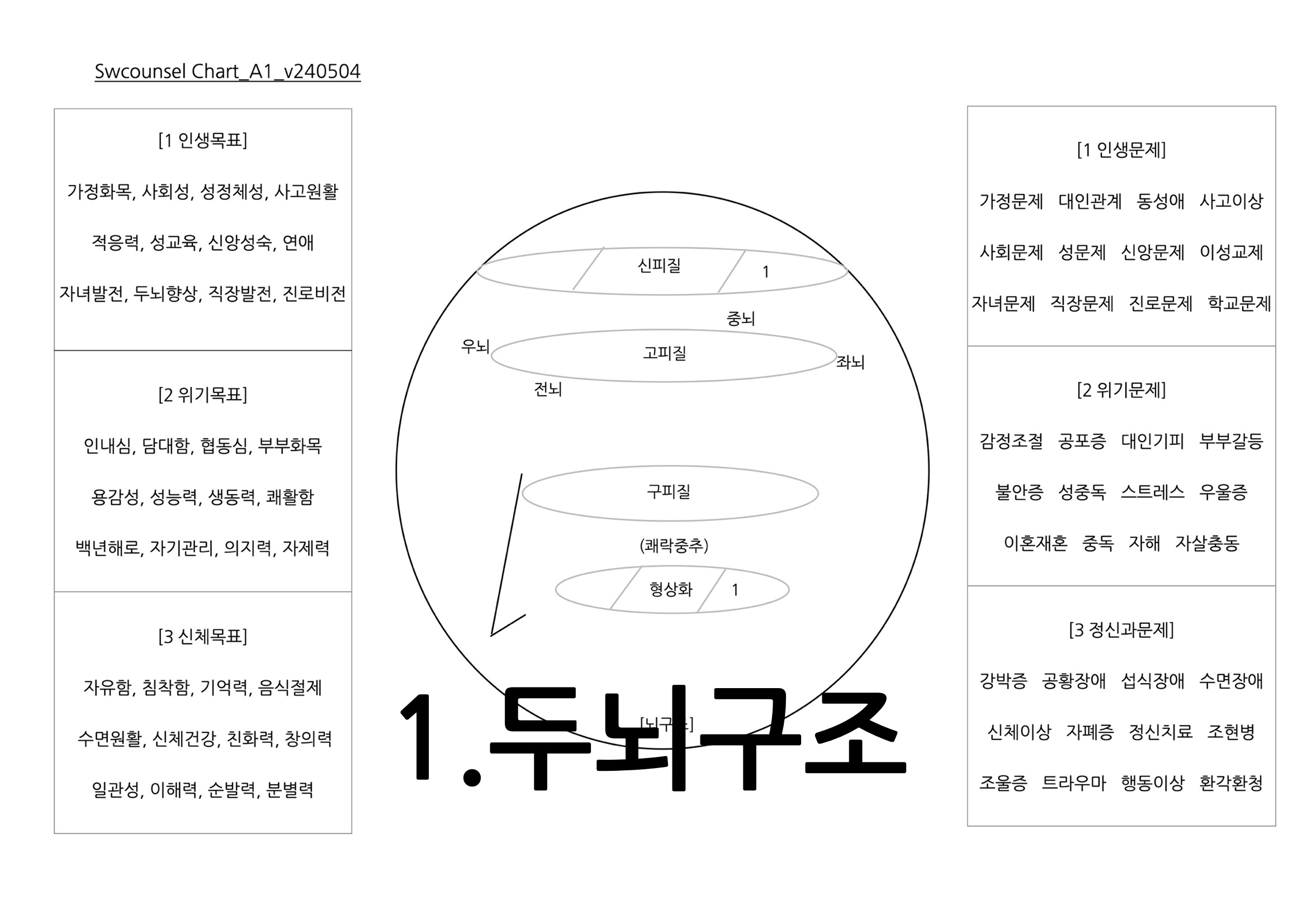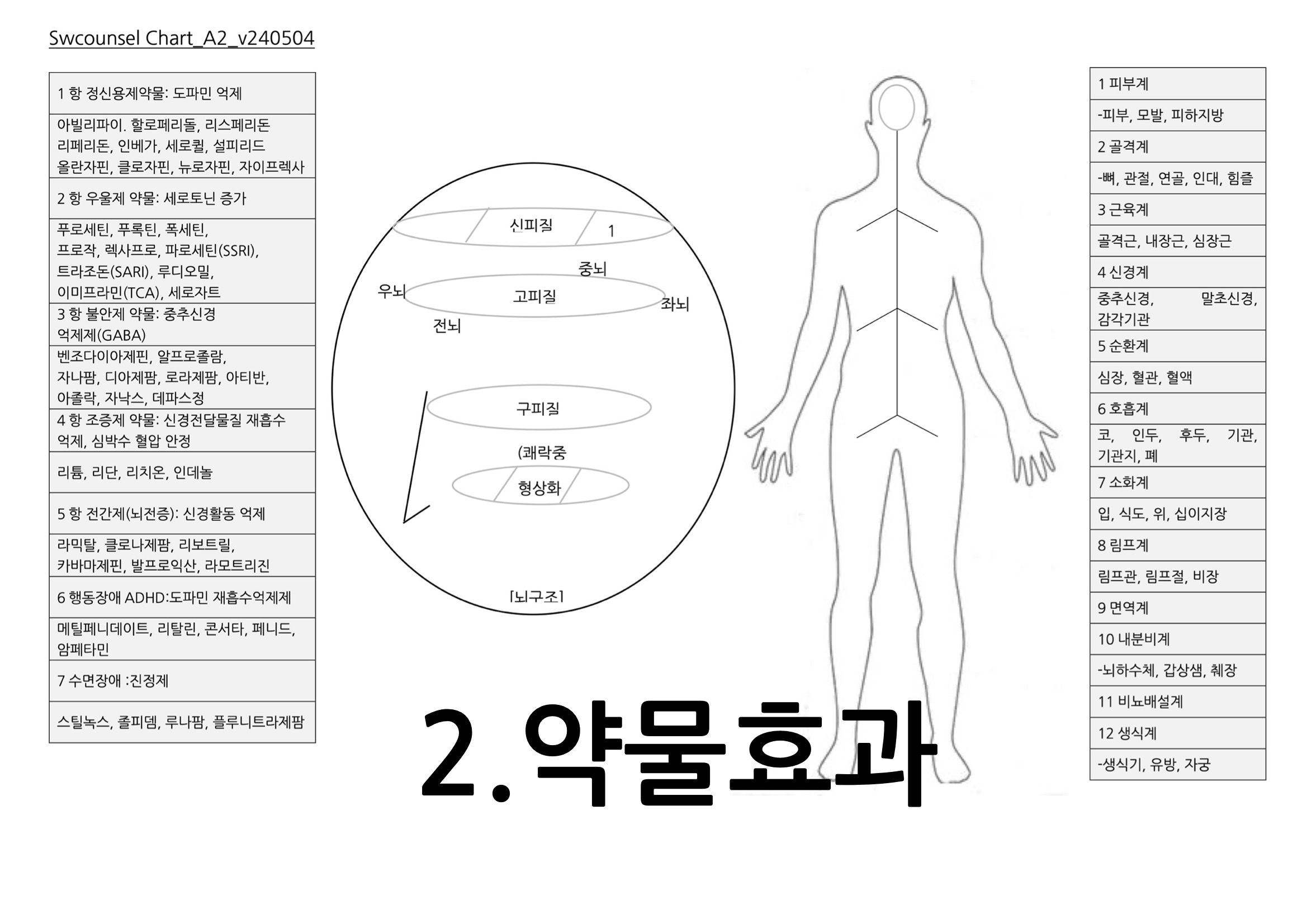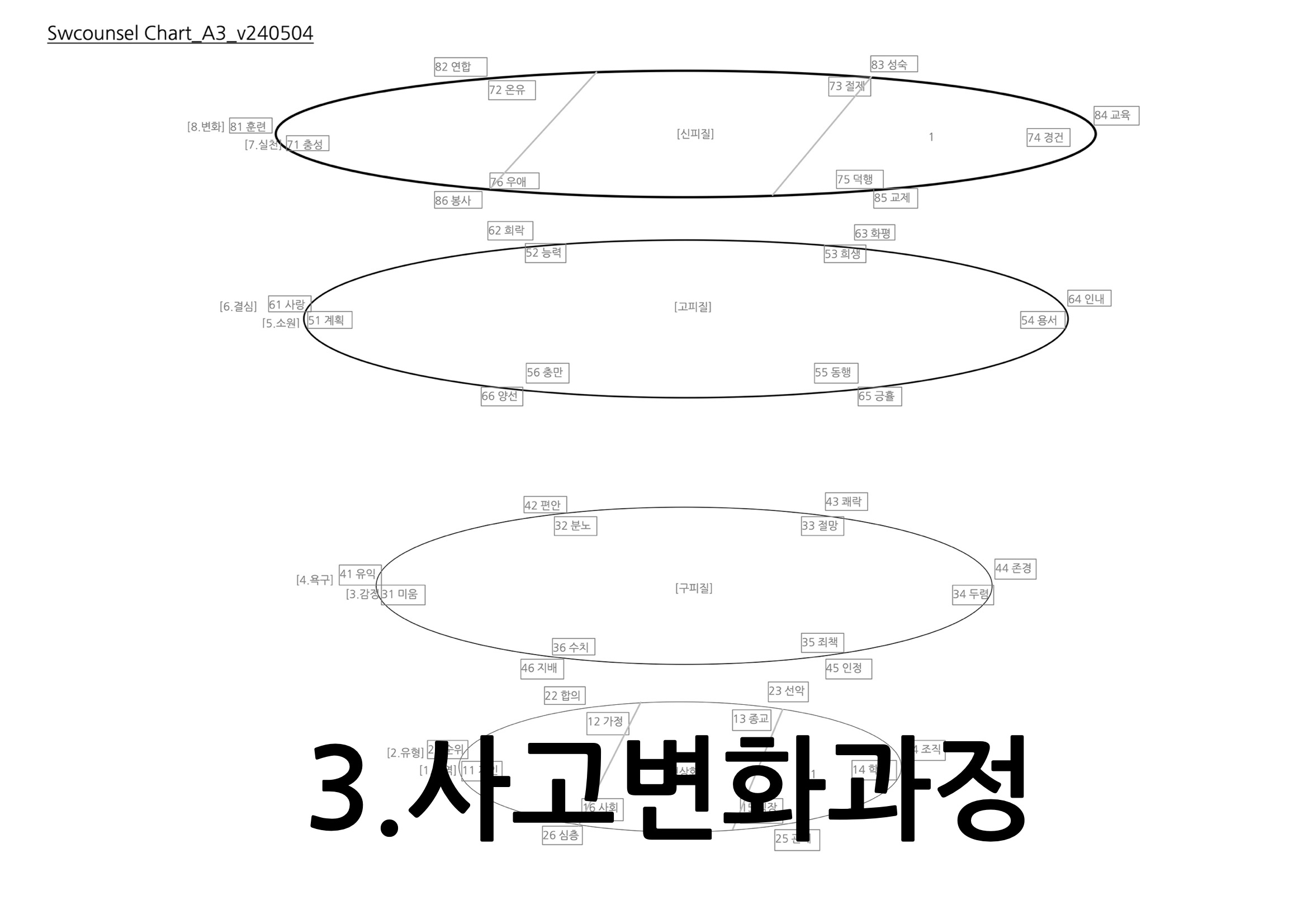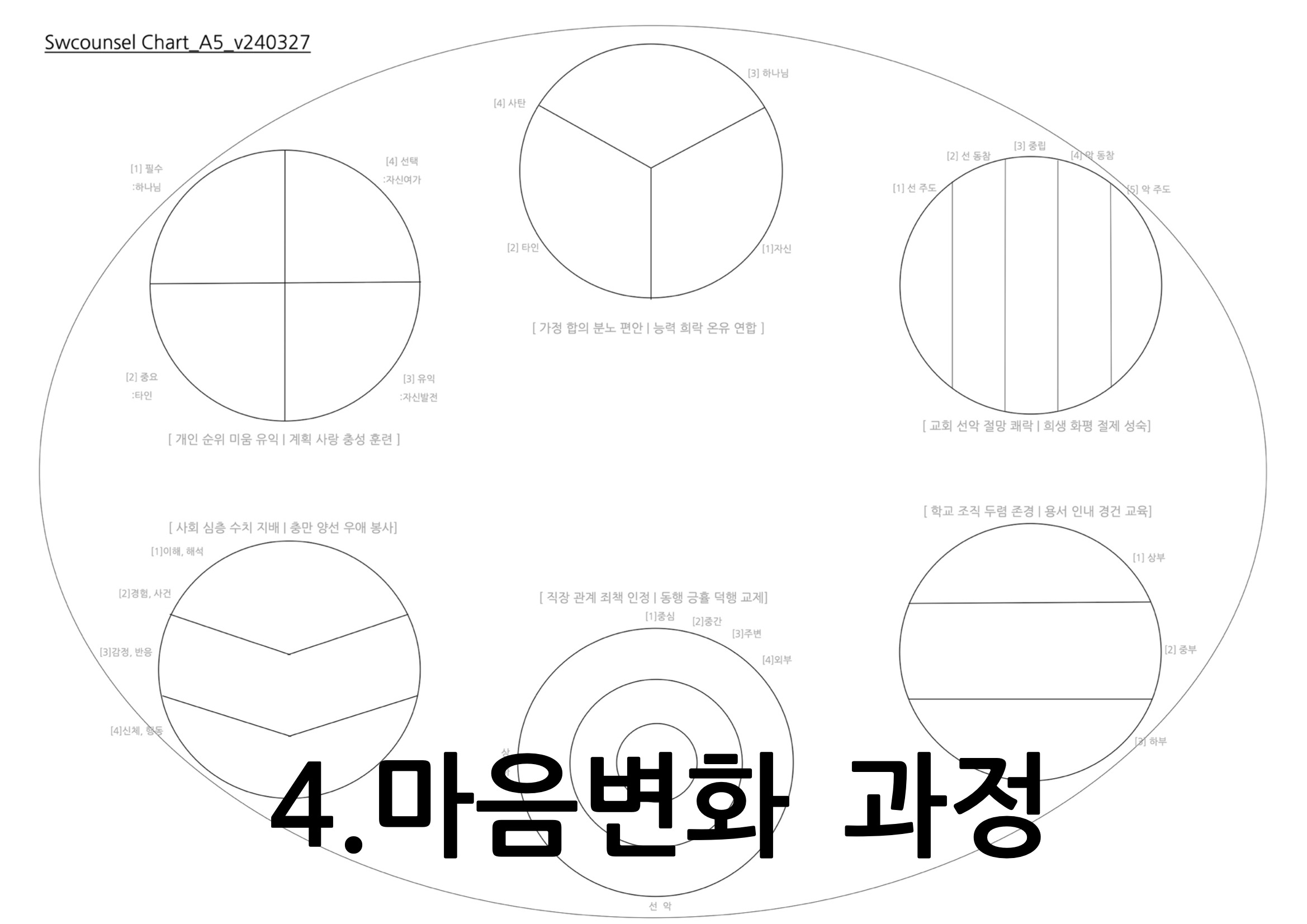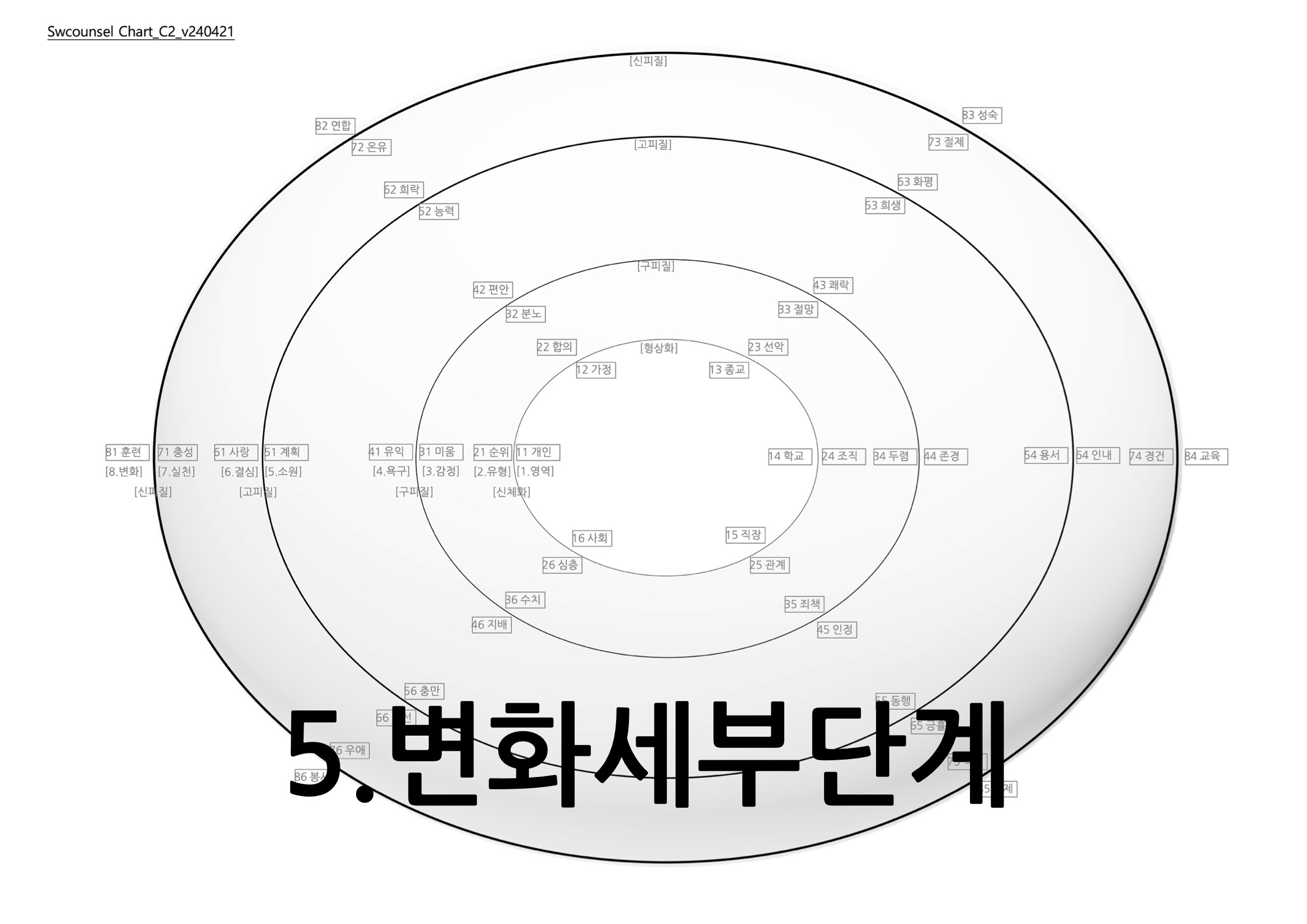WTS (미국 웨스트민스터 신학대학원) | CCEF (기독교 상담 교육 재단)
[CCEF] REAL CHANGE SAMPLE
Real-Change-Sample.pdf
1.0M 1 5년전
 Real Change BECOMING MORE LIKE JESUS IN EVERYDAY LIFE Study Guide with Leader’s Notes Andrew Nicholls & Helen Thorne EDITOR David Powlison REAL CHANGE BECOMING MORE LIKE JESUS IN EVERYDAY LIFE Andrew Nicholls and Helen Thorne David Powlison, Editor WWW.NEWGROWTHPRESS.COM New Growth Press, Greensboro, NC 27401 Copyright © 2018 by Biblical Counselling UK and the Christian Coun- seling & Educational Foundation All rights reserved. No part of this publication may be reproduced, stored in a retrieval system, or transmitted in any form by any means, electronic, mechanical, photocopy, recording, or otherwise, without the prior per- mission of the publisher, except as provided by USA copyright law. Unless otherwise indicated, Scripture quotations are taken from The Holy Bible, New International Version.® Anglicized, NIV® Copyright © 1979, 1984, 2011 by Biblica, Inc.® Used by permission. All rights reserved worldwide. Scripture quotations marked ESV are taken from The Holy Bible, English Standard Version.® Text Edition: 2016. Copyright © 2001 by Crossway Bibles, a publishing ministry of Good News Publishers. Used by permis- sion. All rights reserved. Cover Design: Jon Bradley, ninefootone creative; Tom Temple, Tandem Creative Interior Typesetting and eBook: Lisa Parnell, lparnell.com ISBN: 978-1-948130-03-5 (Print US) ISBN: 978-1-948130-89-9 (Print UK) ISBN: 978-1-948130-04-2 (eBook) Printed in the United States of America CONTENTS introduction � � � � � � � � � � � � � � � � � � � � � � � � � � � � � � � � � � � � � � � � � � � � � � 1 Session 1: Change � � � � � � � � � � � � � � � � � � � � � � � � � � � � � � � � � � � � � � � � � � 3 God Is Changing Each of Us Christians Session2:Heat �������������������������������������������13 God Understands My Situation Session3:Thorns �����������������������������������������20 I Produce Thorns Session 4: Cross� � � � � � � � � � � � � � � � � � � � � � � � � � � � � � � � � � � � � � � � � � � 27 Christ Wins Over My Heart Session 5: Fruit � � � � � � � � � � � � � � � � � � � � � � � � � � � � � � � � � � � � � � � � � � � 35 Fruit Comes from a Changed Heart Session6:RealChange ������������������������������������42 What Does Real Change Look Like? How Do We Keep Going? Leader’sGuide �������������������������������������������51 Introduction for Leaders Session Notes for Leaders iii INTRODUCTION Welcome to Real Change! In this six-session course, you will learn more about how God changes us. It is an opportunity for you to grow in faith, in love, and in hope. It is an opportunity for you to become more like Jesus. He expressed the honest faith of the Psalms. He lived the practical wisdom of the Proverbs. He embodied the self-giving love that expresses the purposes of God’s heart. All of us have hearts that go astray; all of us face troubles that weigh on us. But Christ meets us where we are, in the places where we struggle. God promises to work patiently with us in the midst of our wayward- ness and our woes. Faith meets God in the very place of honest struggle with sin and affliction. His mercy and grace change us in ways that are truly beautiful and joyous. You can trust the words of Philippians 1:6: “I am sure of this, that he who began a good work in you will bring it to completion at the day of Jesus Christ” (ESV). Each week the Bible study, reflection, and discussion in Real Change will help you understand how God works with us. You will reflect on your own heart. You will reflect on life’s hardships. You will reflect on God’s mercies. And you will come to better understand how your Savior meets you in your particular life situation. If you are doing this study in a group, your leader(s) will guide your time together. Each week you will be encouraged to share some of what you are learning with one or two others in the group. If you are doing this study on your own, we encourage you to tell someone else what God is showing you. Real change is not a self-improvement project that we do entirely on our own! We grow nearer to God both by his direct working and by the encouragement and prayers of other people. 1 Real Change Throughout the course you will be asked to undertake a “change project.” This involves choosing one aspect of your life where you would like to see growth. From week to week, you will begin to address it by bringing it under the mercies of Jesus Christ. Please don’t expect to be perfect by the end of six weeks! (That won’t happen until Jesus returns or calls us home.) But we hope you will begin to move toward God in your area of struggle and that you will have the privilege of experiencing God’s help. During each session, there are times set aside to discuss and apply what you are learning. We recommend these discussion times be done with one other person. Since you will be looking at the teaching of the Bible and discussing aspects of your change project, continuity will be import- ant. So we recommend you keep the same discussion partner throughout the course. A discussion group of just two people will work much better than larger groupings of three or more. Of course, if your discussion partner is not able to attend one week, you will have to join with another group for that session. Between each of the six sessions you will have some homework to do— some reading, reflecting, and journaling (writing down a few of your thoughts). Please set aside time for this. To be self-reflective is an import- ant part of the process of change. It helps us take to heart what God is saying. And please be praying for yourself, your leader(s), and the other members of the group as you go through this material. We are all utterly reliant on the Lord. 2 1session CHANGE AIM To help you reflect on the need for change and the certainty of change. To provide a brief overview of the process of change. READ LIVES IN NEED OF CHANGE You’re driving your car on your way into the city. It’s a friend’s birthday and a group is going to meet up for dinner and a show. You have been looking forward to the celebration all day. You haven’t seen this particular friend for years, and you’ve heard she has recently become a Christian. You’re eager to catch up with all that has been going on. You were a little late starting your journey. Just before leaving the house, you got a phone call from your mother, which was going to be “just a quick one.” You answered out of a desire to be kind to her. But it wasn’t so quick. As a result, you left home behind schedule and already in a rush. However, the drive starts well, and it seems the delay will be of little consequence. Until, that is, you look at your fuel gauge—you’re running on fumes. There’s nothing else for it; you will have to stop. It’s going to take you further out of your way, but you need the fuel. As you pay, you look at your watch a little anxiously. There had been some slack in your travel timetable, but that was before your detour. Now things are getting tight. You promised your friends you would be there ten minutes before the birthday girl arrived so you could all surprise her. If you can’t make up the time, you won’t be there before her. You remember with a flutter of anxiety that you have the theater tickets, so no one can get in without 3 Real Change you. But you aren’t that late, so you are not too worried. You try to call your friends to give a heads up about not being there for the surprise, but none of them answers the phone. You restart your journey, hopeful you might just make it in time. But there’s been an accident ahead. The traffic is stopped, then barely crawls. You could walk more quickly! When you finally get moving, a glance at the time confirms that this evening’s performance will begin in approx- imately twenty-five minutes. There’s no hope of joining your friends ahead of time. But you might just make it for the beginning of the show. After another ten minutes, you reach your destination and begin looking for a parking space. You spot one on the corner, but another car beats you to it. After going around a couple more blocks, you finally find a spot. You have seven minutes to make the show. The theater is eight minutes away if you walk very briskly. REFLECT How are you feeling right now? What is going through your mind? You may be experiencing a range of emotions! Take a moment to think through why you are experiencing those particular emotions. If you are anxious, what exactly are you anxious about? If you are frustrated, who are you angry at? If you are despairing, what hopes have been dashed? Since you are letting others down by being late, how do you imagine they feel, and how does that affect you right now? Share your thoughts with the group. THE STORY IS NOT OVER, SO READ ON. As you are running along, you bump into a good friend from church. She is standing outside a coffee shop in tears. You can immediately guess why. The two of you had talked last Sunday about the new man in her life who had just invited her on a first date. This must be it! She had been excited about the possibility of a relationship ahead, but she was delayed at work and then got stuck in a traffic jam even worse than yours. She is now more than an hour late for their coffee date. She had forgotten to charge her phone, so she can’t even access his phone number. He has long 4 Change since given up waiting for her. Her mascara, of which there is plenty, is clearly not waterproof. She looks a mess, but might not be aware of it. She latches on to you with a look of panic and anger, saying, “Why did this have to happen now? Why would God do that?” REFLECT You are going in the same direction, so you can kind of talk as you hurry along. Given how your day is going, what are you thinking in your head? What would you say out loud? Once you have honestly reflected on how you think you would respond, reflect on whether there are other ways you could respond that could be more helpful. What truth about God would you want your friend to remember at a time like this? What truth about God have you both forgotten? How might that truth also touch you? This is ordinary life: a life with many stresses, choices, and opportunities. We all have our natural way of doing things—the ways we instinctively respond to annoyance and trouble. There are things we instinctively want (like getting our own way!). There are things that make us feel stressed and anxious. We all react in ways that are not constructive. The Bible calls these desires, fears, and reactions your “old self.” But as Christians, something else is also going on with us. We have Christ. He is the gift that is beyond words (2 Corinthians 9:15). To belong to him, to be one with him, to know him, and to grow in relationship with him—this is your “new self ” (Ephesians 4:22–24). This course aims to help you turn away from your old self with all its self-centered desires and to put on your new self with all its Christ- centered purposes. We are going to think together about how we change to become more like Christ. It’s a process, so don’t expect change to happen overnight. But do expect to grow in understanding. And do expect to begin changing. All of us who belong to Jesus are being changed to become like him. 5 Real Change LIVES IN A CONTEXT OF CHANGE If you could change anything you wanted about yourself, what would it be? GOD IS CHANGING EACH OF US READ: 2 CORINTHIANS 3:18 Discuss the following questions. 2. What are we being changed into? What excites you about this? God is not reluctant to change his children. We might be like run-down houses that need lots of renovation, but God never thinks, “What a wreck! I can’t be bothered with them.” He knows what we will one day become. He knows we will be beautiful when he completes his work in us, and he loves to change us little by little to become more like Jesus. GOD IS CHANGING US THROUGH OUR RELATIONSHIP WITH JESUS » How do you think of your relationship with Jesus? (Check all that apply.) ☐ He’s the boss. I’m the employee. 6
Change 7 Real Change transformation—and it all happens only through being “in Christ.” For the next six weeks, we will be unpacking the details of what it means to be in Christ and how being united with Christ brings change to our desires, thoughts, words, and actions. It won’t be complete until we see him face to face, but we are now in the process of changing to be like him (1 John 3:1–3). GOD IS CHANGING US THROUGH OUR RELATIONSHIPS WITH OTHER CHRISTIANS READ: EPHESIANS 4:11–16 Discuss the following question. We read the apostles and prophets. We listen to pastors and teachers and perhaps evangelists. These people are Jesus’s gifts to us to help us grow. Once we have listened to these gifted people, we need to serve and speak to one another, passing on what we have heard and connecting it lovingly with the circumstances of one another’s lives. When we speak and listen to one another, we help one another mature under Christ’s rule. Just as a body is made up of many different parts that all depend on one another to keep the body functioning, Jesus has made it so that we desperately need one another to stay and grow in Christ’s body, the church. Churches are very exciting places! Here God’s people are being used by him to help one another grow up into Christ. 8 Change A MODEL FOR UNDERSTANDING CHANGE FROM JEREMIAH 17:5–8 READ: JEREMIAH 17:5–8 This is what the Lord says: who draws strength from mere flesh and whose heart turns away from the Lord. they will not see prosperity when it comes. They will dwell in the parched places of the desert, in a salt land where no one lives. whose confidence is in him. that sends out its roots by the stream. It does not fear when heat comes; its leaves are always green. and never fails to bear fruit.” Jeremiah uses a vivid metaphor to help us understand the process of change.1 He gives us a picture of two trees. One is a stunted bush in the desert and the other is flourishing by the water. When drought comes (as it always does in that part of the world), one tree withers while the other tree stays green. Its roots are connected to the stream of water. Jeremiah’s point is that the person who trusts in God is like a tree that stays green in drought. Even when hard times come (as they always do), the person who is rooted in the life-giving stream of God’s love will continue to bear the fruit of love for God and others. This metaphor is the starting point for a model of change that takes into account “the heat” in our lives (our hard times, temptations, etc.), but also unpacks why we respond the way we do and how being in Christ brings transformation. 1. This model of change was developed by David Powlison for the CCEF course, Dynamics of Biblical Change. 9 Real Change
10 Change begins and continues. Change happens as the Spirit brings us to the God of mercies.
11 Real Change HOMEWORK During this course you have an opportunity to undertake a change proj- ect. This week, ask God to help you live with a greater awareness of what is going on around you. (See if you can tune in to your “heat.”) As you go through the week, try to notice times when you are struggling. Where are the hard spots in your life? What are you finding difficult? Your struggles can come in many forms: a challenging relationship, physical health, work problems, disappointments, injustice, your circumstances, unwelcome news, or being treated badly. Remember too that having things easy is also a challenge. Are there parts of your life that are so easy or successful that God seems unnecessary or irrelevant? What in your situation makes it easy to leave God to one side? Considering these things will help you decide what particular area of your life your change project should address. It will help you to write down your thoughts. Even if they feel jumbled and uncertain, writing down specific areas of “heat” in your life will give you clarity on what your change project should be. 12
|







